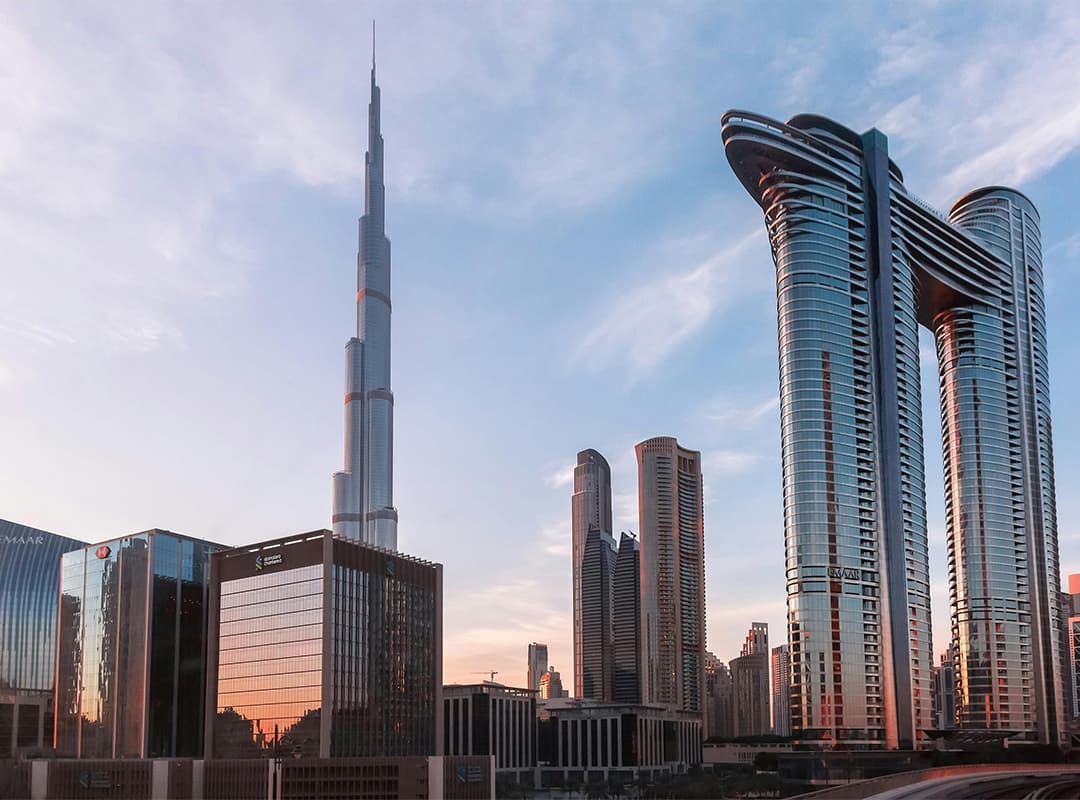Dubai, known for its luxurious lifestyle and vibrant culture, is a popular destination for expatriates and businesses alike. However, understanding the cost of living in this dynamic city is crucial for effective budget planning and financial management. From housing and transportation to daily expenses and utilities, Dubai offers a range of living costs that vary depending on your lifestyle and preferences. This guide will provide an overview of the cost of living in Dubai and offer tips on what to consider when planning your budget. Additionally, we’ll discuss how movers and packers in JLT can assist with your relocation, ensuring a smooth transition to your new home.
1. Housing Costs
Housing is one of the most significant expenses in Dubai, and the cost can vary widely based on location, size, and type of accommodation.
- Rental Prices: Dubai offers a range of housing options, from high-end apartments and villas to more affordable options. Prime locations like Downtown Dubai and Dubai Marina tend to have higher rental prices, while areas like Al Barsha and Deira offer more budget-friendly choices.
- Utilities: In addition to rent, consider utility costs such as electricity, water, and internet. These costs can vary depending on the size of your home and your usage.
2. Transportation Expenses
Dubai’s transportation system includes taxis, buses, metro, and car rentals. Understanding these costs will help you budget effectively.
- Public Transport: The Dubai Metro, buses, and trams offer affordable transportation options. A Nol card, used for public transport, can be topped up as needed. Monthly passes are also available for frequent travelers.
- Car Ownership: If you choose to drive, factor in expenses such as fuel, car insurance, and maintenance. Car ownership can be cost-effective if you commute regularly, but initial costs and ongoing expenses should be considered.
3. Groceries and Dining
Grocery and dining costs in Dubai can vary based on your preferences and lifestyle.
- Groceries: Grocery prices can be higher compared to other countries, particularly for imported goods. Local markets and hypermarkets offer a range of options, with some stores providing more budget-friendly choices.
- Dining Out: Dubai boasts a diverse dining scene, from high-end restaurants to casual eateries. Dining out frequently can add up, so consider balancing your meals between dining out and cooking at home.
4. Healthcare and Insurance
Healthcare is an essential consideration, and understanding the costs involved will help you plan your budget.
- Health Insurance: Health insurance is mandatory for residents in Dubai. Costs can vary based on the coverage and provider. Ensure that you have adequate health insurance to cover medical expenses.
- Medical Services: While healthcare services are of high quality, costs can vary depending on the provider and the type of treatment. Budget for potential medical expenses and ensure that your insurance provides comprehensive coverage.
5. Education and Childcare
For families with children, education and childcare are important budget considerations.
- School Fees: Dubai offers a range of international schools with varying fee structures. Research schools and their fees in advance to understand the costs associated with your child’s education.
- Childcare: If you require childcare services, consider the costs of nurseries or daycare centers. Prices can vary based on the type of facility and the age of your child.
6. Entertainment and Leisure
Dubai offers a wide range of entertainment and leisure activities, from shopping and dining to outdoor adventures.
- Activities and Events: Budget for recreational activities such as cinema, sports, and cultural events. Dubai hosts numerous festivals and events, which may also have associated costs.
- Gym and Fitness: Memberships to gyms and fitness centers can vary in price. Consider your fitness needs and explore options that fit within your budget.
7. Miscellaneous Expenses
Other costs to consider include personal expenses, clothing, and household items.
- Personal Expenses: Budget for personal items such as clothing, toiletries, and other necessities. Dubai’s shopping scene offers both luxury and budget-friendly options.
- Household Items: If you need to furnish or equip your new home, plan for the costs of furniture and household goods. Movers and packers in JLT can assist with transporting and setting up your belongings, ensuring that you have everything you need for your new home.
8. Relocation Costs
When moving to Dubai, it’s important to account for relocation expenses.
- Moving Services: Engage professional movers and packers in JLT to help with the logistics of your move. Their services can include packing, transportation, and unpacking, which can streamline your transition and reduce stress.
Planning your budget for living in Dubai involves understanding a range of costs, including housing, transportation, groceries, healthcare, education, and leisure activities. By researching and budgeting for these expenses, you can manage your finances effectively and enjoy your new life in this vibrant city. Additionally, working with movers and packers in JLT can facilitate a smooth relocation, allowing you to focus on settling in and adapting to your new environment. With careful planning and budgeting, you’ll be well-prepared to enjoy all that Dubai has to offer.
